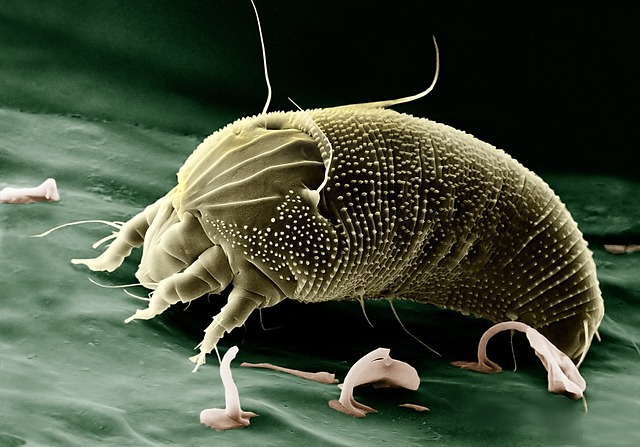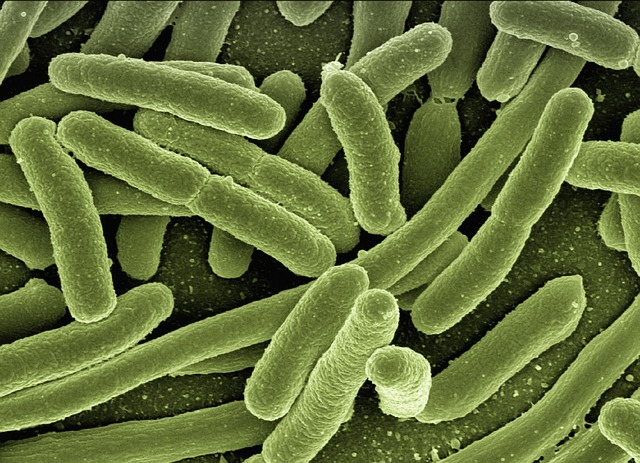Managing allergies can feel like an uphill battle, especially when you’re trying to incorporate exercise into your daily routine. But don’t let allergies hold you back from living a vibrant, active lifestyle! With the right approach to healthy living and nutrition, you can enjoy the benefits of fitness while minimizing the impact of allergens.
First, let’s talk about the significance of a healthy lifestyle when dealing with allergies. Physical activity is essential for overall health, boosting your immune system and helping you cope with allergy symptoms. Engaging in regular exercise increases blood circulation, reduces stress, and enhances your mood, all of which can contribute to better management of allergy symptoms. Consider activities that you enjoy, whether it’s jogging, swimming, or practicing yoga indoors where pollen is less of a concern.
It’s crucial to choose the right environment for your workouts. If you’re allergic to outdoor allergens, opt for indoor spaces or join a gym where the air is filtered. Also, stay informed about pollen counts in your area, as exercising outside on high pollen days can aggravate your condition. Simple changes such as exercising early in the morning or after rain, when pollen counts are typically lower, can make a big difference.
Now, let’s dive into the role of healthy nutrition in managing allergies. A well-balanced diet rich in anti-inflammatory foods can support your body’s response to allergens. Incorporate plenty of fruits and vegetables, particularly those that are high in antioxidants, like berries, leafy greens, and sweet potatoes. These foods help combat inflammation, which can ease allergy symptoms.
Don’t forget to consider hydration as well! Drinking enough water can help thin mucus and relieve nasal congestion, making it easier for you to breathe while exercising. Consider herbal teas and broths, which can also provide soothing relief.
Another essential aspect of nutrition is being mindful of food allergies. If you’re sensitive to certain ingredients, it’s important to read labels carefully and prepare meals at home to have full control over what you’re eating. Try to keep a food diary to identify any potential food triggers and discuss these with a healthcare professional.
Finally, don’t overlook the importance of supplements. Omega-3 fatty acids, probiotics, and vitamin C can support your immune system. Always consult with a healthcare provider before adding new supplements to your routine, as they can help tailor recommendations based on your specific allergies and health needs.
Living a healthy lifestyle and maintaining good nutrition while managing allergies is all about balance and awareness. By making informed choices, adjusting your exercise routine, and nourishing your body with the right foods, you can lead an active life without letting allergies control your every move.




